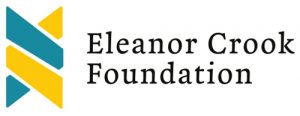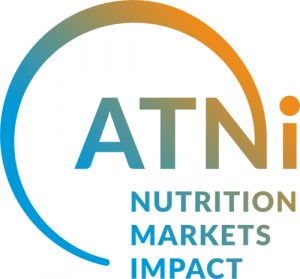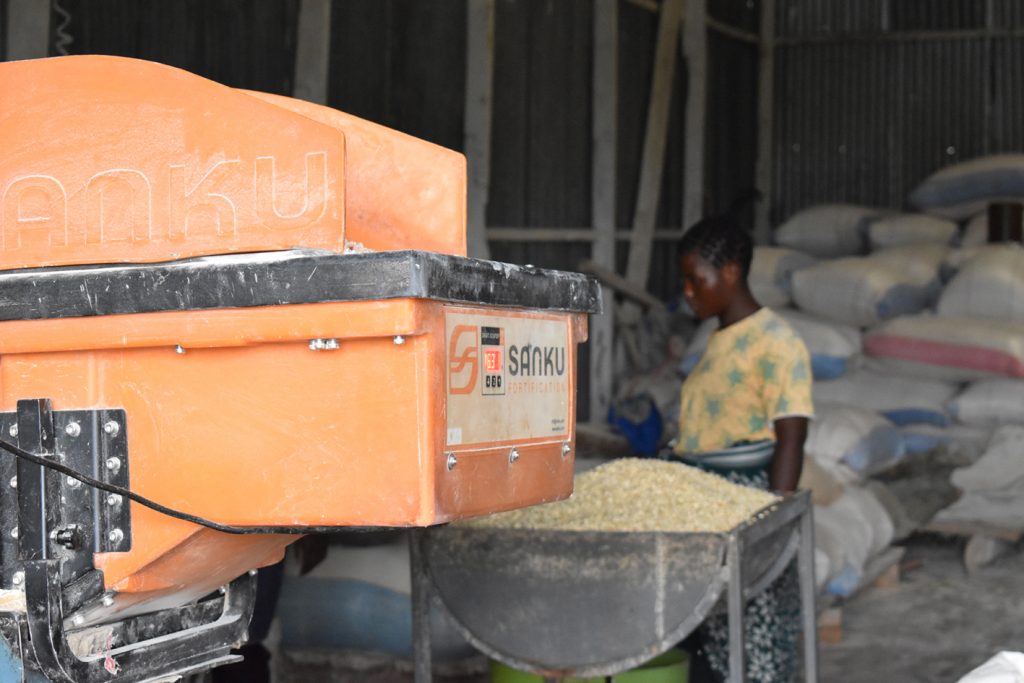World Development Nutrition – Main Grants Projects Supported

The Eleanor Crook Foundation (ECF) is a family foundation dedicated to scaling high-impact nutrition interventions. One of ECF’s focus areas is improving maternal health by expanding access to prenatal multivitamins, known as Multiple Micronutrient Supplements (MMS). Iron and folic acid supplements are the current standard of care in low-and middle-income countries; replacing this with Multiple Micronutrient Supplements goes further in ensuring that babies are not born too early, too small, or stillborn. Increasingly countries around the world see Multiple Micronutrient Supplements for pregnant women as a national health priority.
The Waterloo Foundation has partnered with ECF, Nutrition International, CHAI and Helen Keller International to help the Senegal Government to explore and support a transition from iron and folic acid supplementation to Multiple Micronutrient Supplements through the country’s antenatal care programme. This effort has the potential to enhance health outcomes for pregnant women and their babies across the country, as well as serving as a model for other countries wanting to make this transition.

ATNi (Access to Nutrition Initiative) holds the food industry, investors, and policymakers accountable for creating healthier food systems. In a world increasingly dominated by processed and packaged foods high in fat, sugar, and calories – but low in essential nutrients – ATNi collects and analyses critical data to generate actionable insights to drive finance, partnerships and innovations and to shift food markets toward nutritious, sustainable options for all.
The Waterloo Foundation is helping ATNi to deepen their focus on healthier food markets in East Africa, including improving private sector monitoring and the fortification of foods with specific micronutrients. This is especially targeting Kenya and Tanzania, where micronutrient deficiencies are widespread and diets are becoming more reliant on packaged foods. The initiative aims to improve the nutritional quality of these foods by pushing for responsible marketing practices; mandatory fortification of products that contribute to a healthy diet and discouraging the misleading practice of marketing unhealthy products as nutritious simply because they are fortified. These efforts work alongside East Africa’s evolving food markets by ensuring that appropriate packaged foods help address micronutrient deficiencies – rather than continue to drive declining diet quality, rising obesity, and the serious health challenges that come with it.


GAIN and Sanku are leading efforts to tackle hidden hunger in East Africa by making sure that commonly eaten foods are rich in essential vitamins and minerals. GAIN (the Global Alliance for Improved Nutrition) works to ensure healthier diets for all by increasing access to nutritious, safe, and affordable foods – while reducing the intake of unhealthy ones. Sanku works with local millers to fortify staple foods like maize flour in countries where a high proportion of the population consumes locally-milled flours.
With support from The Waterloo Foundation, GAIN and Sanku are working together to increase access to maize flour fortified with Zinc, Folic Acid, Iron, and B12 in schools across Tanzania’s Lake Zone. GAIN is collaborating with government bodies and schools to strengthen fortification standards and improve the procurement of fortified flour, while Sanku is working directly with local millers using its award-winning, IoT-enabled “dosifier” technology and supplying nutrient premix from its regional nutrient premix factory, the first of its kind in the region, to scale up their capacity and commitment to produce fortified maize flour. This integrated approach helps ensure that fortified flour reliably reaches schoolchildren, securing both immediate nutritional gains and long-term educational and health outcomes.

